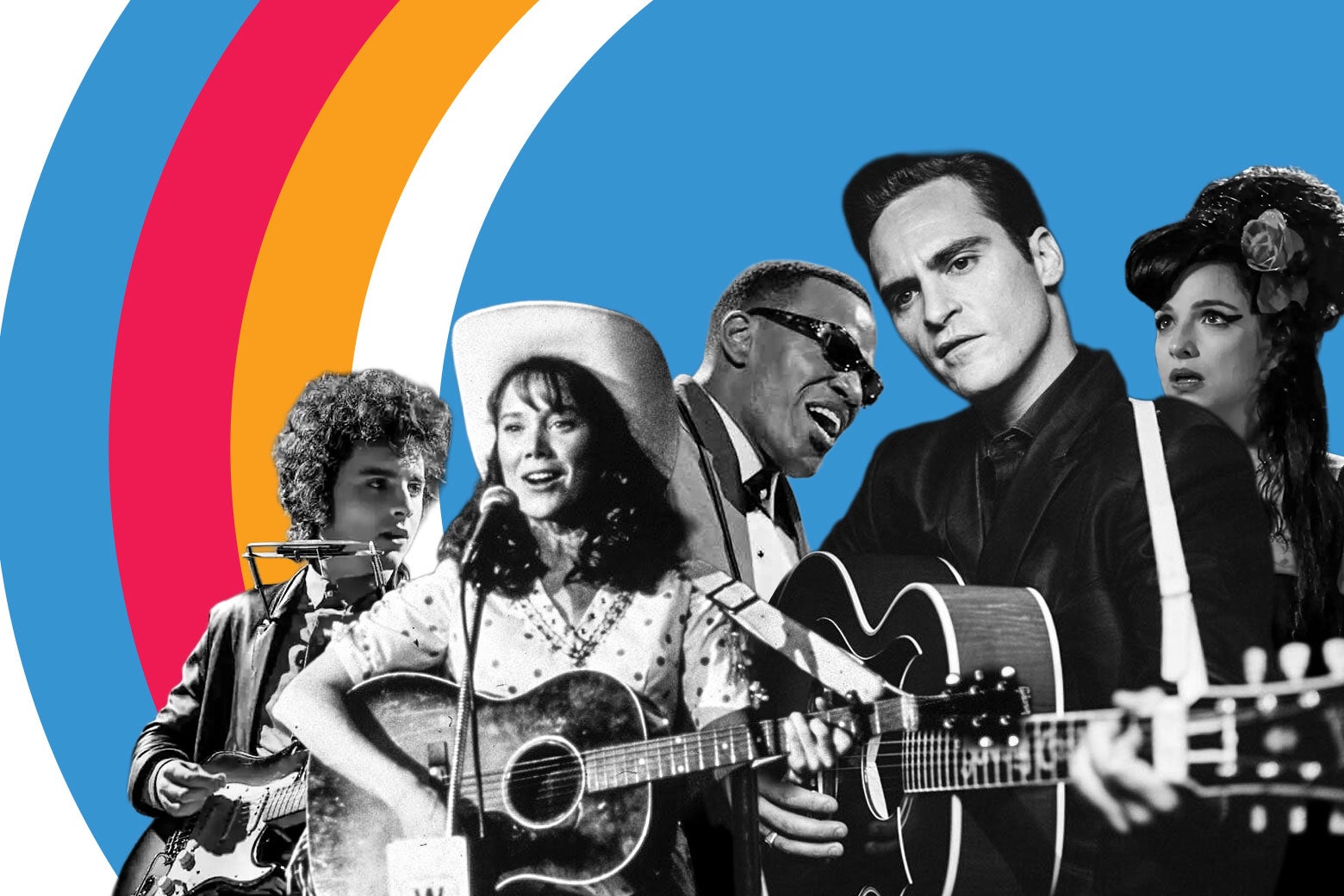
"When an actor opens their mouth to sing in a movie, chances are high that the voice you hear will be their own. Even in music biopics, movie stars without much singing experience regularly go to great lengths to impersonate the most beloved vocalists of our time. Why not simply play Johnny Cash or Bruce Springsteen's actual recordings, the reasons why we care about them in the first place? When the world is full of beautiful singing voices,"
"What you hear when an actor unhinges their jaw is a matter that Hollywood has been negotiating since the dawn of sound. So in this episode, we'll learn about the "ghost singers" of classic Hollywood musicals, find out why they went extinct, and why today's music biopics so often fudge the music. Then we leave Hollywood for Bollywood, where the rise of the celebrity "playback singer" shows what can happen when good singing is the highest priority."
Film singing practices have varied: classic Hollywood routinely used anonymous "ghost singers" to dub stars' vocals, while modern productions often have actors perform or lip-sync. Ghost singers provided polished vocals that matched on-screen personas but remained uncredited; their decline followed changing industry expectations, publicity, and actors' own vocal training. Contemporary music biopics frequently manipulate recordings or rely on actors' approximations to evoke famous voices while balancing likeness, legal rights, and narrative authenticity. In Indian cinema, a formal playback-singer system elevates professional singers to celebrity and prioritizes vocal excellence over on-screen singing by actors.
Read at Slate Magazine
Unable to calculate read time
Collection
[
|
...
]